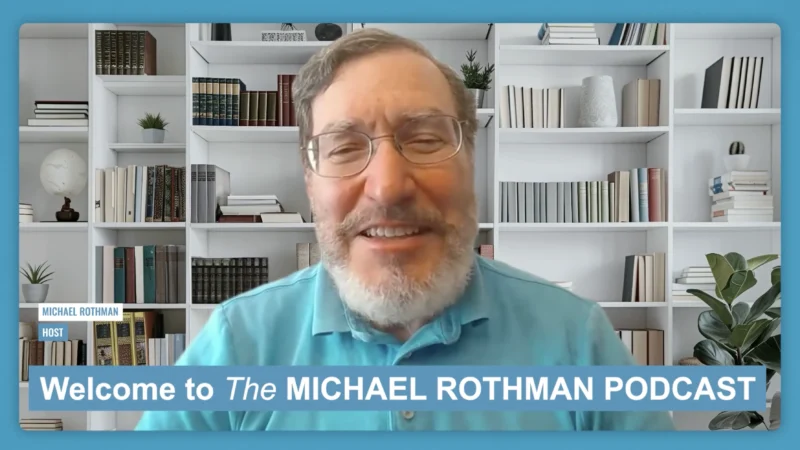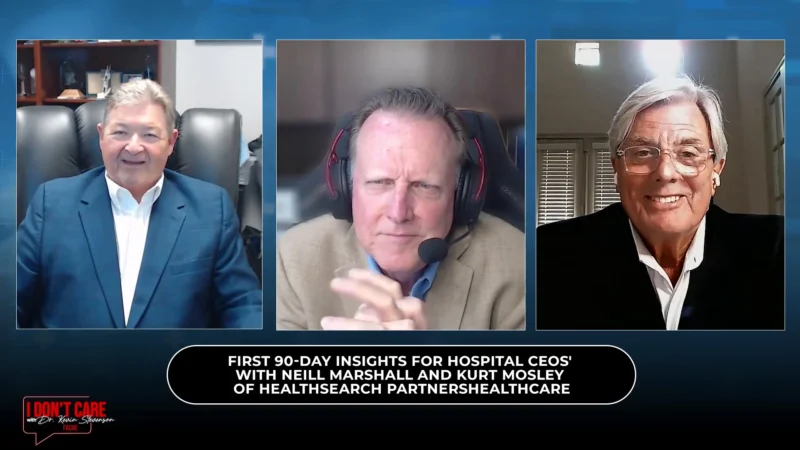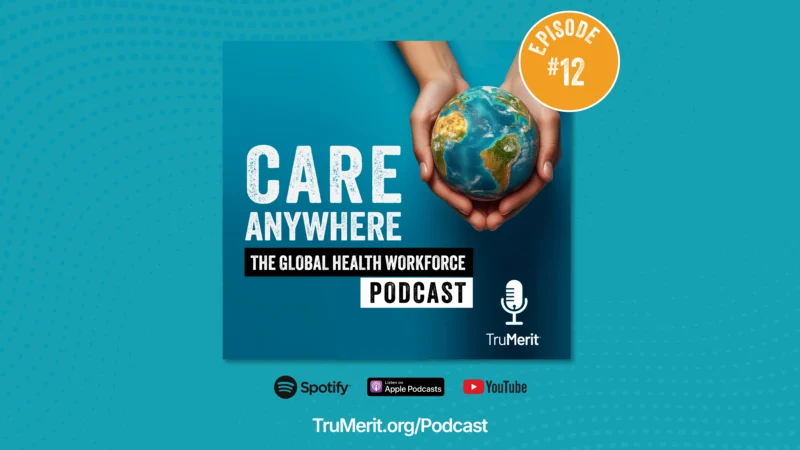Efficiency in Healthcare is Needed as the Aging and Chronically Ill Population is Set to Increase
As healthcare needs and costs continue to soar, efficiency in healthcare will become increasingly vital. The industry faces the daunting challenge of providing high-quality care to an aging and increasingly ailing population. By 2025, chronic diseases will affect 49 percent of Americans, and by 2030, 21 percent of Americans will be over 65. Furthermore, the healthcare system is poised to accommodate an additional 30 million new patients by 2025. As resources remain limited, the crucial question that arises is: how can we provide care in a more efficient and effective manner?
The discussion was explored on an episode of “I Don’t Care,” with host Kevin Stevenson, and his guest Sanjeev Agrawal, President and Chief Operating Officer at LeanTaas. The episode examined how healthcare predictive analytics and mathematical principles can help hospitals and healthcare providers make better decisions to improve efficiency and patient care.
Stevenson and Agrawal’s conversation also included:
- How the healthcare industry can learn from asset-intensive businesses like Delta Airlines to make the best use of resources
- The problems with the current metrics used in healthcare, particularly block utilization in operating rooms
- How patterns in data can help to identify and repurpose time, improving efficiency in operating rooms
Sanjeev Agrawal brings a wealth of experience to the conversation. Prior to his role at LeanTaas, he served as the first head of product marketing for Google. After leaving Google, Agrawal founded three startups before landing his current role in LeanTaas. Agrawal, the author of “Better Healthcare Through Math”, has been recognized as one of the top 100 entrepreneurs in healthcare and featured on CNBC.




